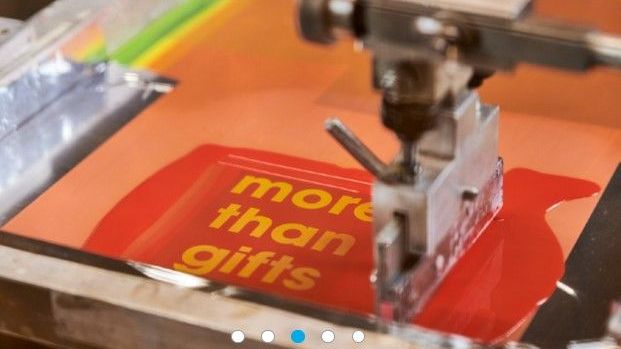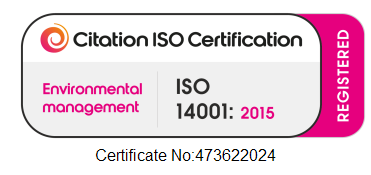What can I do about climate change?
What things can I, as an individual, do to help prevent global warming and the impacts of climate change?

What things can I, as an individual, do to help prevent global warming and the impacts of climate change?
For most of us there is a temptation to believe that there is nothing we can do as individuals to make an impact on the changing climate. If China and the USA are creating so much greenhouse gas what can I possibly do to effect the situation? Well of course the world is made up of individuals and whilst your effect may be small it all adds up. And yes there are things you do to change the emissions from China and other polluting countries.
To understand what we can do here at home first it is important to see where the greenhouse gasses are coming from – and take action appropriately. Let’s start with the UK government report on emissions:

1. Consider your transport choices
The UK is interesting in that Transport is the largest source of emissions. This was not always the case and indeed, is not true for many countries. However, efforts in the UK to remove coal from electricity generation and replacing with renewables has been a UK success story. This leaves transport producing a quarter of all our emissions. 27% of all UK emissions come from the transport sector (including airlines and road transport) – with road transport being the largest

Looking at transport then the one thing we all can do is examine our cars and car journeys it is here that we can have the largest impact as individuals
- Car or bicycle for that short trip?
- Car or public transport?
- Petrol/diesel car or electric vehicle?
One 2017 study co-authored by Lund University’s Nicholas ranked 148 individual actions on climate change according to their impact. Going car-free was the number-one most effective action an individual could take (except not having kids). Cars are more polluting compared to other means of transportation like walking, biking or using public transport.
The choices we make here will have the largest personal impact on the climate.
Air travel always gets a bad press on emissions because the emission per mile is so high – but generally we do not travel by air very often. If you do go on holiday by air pay to have your emissions off set and don’t always assume that air is the fastest and cheapest way to travel abroad. A study by the Grantham institute: https://granthaminstitute.com/2020/02/03/reducing-demand-for-air-travel-starts-at-work/ came up with some interesting results

2. Your source of energy
The next largest source of UK CO2 emissions is energy supply and in particular the method used to generate our electricity. The move in the UK away from coal to gas and renewables has helped in recent years but we as individuals do have some choices. Closely linked is the residential heating sources including gas and oil heating. Small changes to your behaviour at home will help you use less energy, cutting your carbon footprint and your energy bills:
- ·Put on an extra layer and turn down the heating a degree or two.
- ·Turn off lights and appliances when you don’t need them.
- ·Replace light bulbs with LEDs or other low-energy lights.
- ·Make simple changes to how you use hot water, like buying a water-efficient shower head.
- ·Make sure your home is energy efficient. Check the building has proper insulation, and consider draught-proofing windows and doors. If you are in rented accommodation, lobby your landlord to make sure the property is energy efficient.
·Switching energy supply to a green tariff is a great way to invest in renewable energy sources – and could save you money on bills too. Further details can be found: https://www.energysavingtrust.org.uk/home-energy-efficiency/switching-utilities/buying-green-electricity
3. What you eat
As can be seen by the table above one of the largest emitters of greenhouse gases is agriculture. The agriculture sector consists of emissions from livestock, agricultural soils, stationary combustion sources and off-road machinery. It is estimated to have been responsible for 10% of greenhouse gas emissions in the UK in 2019. Emissions of methane (54%) and nitrous oxide (32%) dominate this sector. The most significant sources here are emissions of methane due to enteric fermentation from livestock – and the nitrous oxide which comes from nitrogen based fertilisers.
According to the World Resources Institute https://www.wri.org/insights/sustainable-diets-what-you-need-know-12-charts - if cattle were their own nation, they would be the world’s third largest emitter of greenhouse gases, after China and the US.
You do not have to become vegetarian but if you were to cut down meat by 50% the impact is huge – reducing the carbon footprint of your diet by 43%.
Or put another way – one cheeseburger has the carbon foot print of 6 portions of fish and chips https://www.imperial.ac.uk/stories/climate-action/
4. Cut Consumption and Waste
We are all consumers and everything we use as consumers has a carbon footprint.
By avoiding single-use items such as plastic water bottles instead of the re-usable type,and avoiding fast fashion rather than quality products which will last much longer, we can all reduce our carbon footprint. Also minimising waste by choosing products which are naturally biodegradable rather than made from oil based plastics which either add to the landfill or are burnt with the consequent emissions.
Think about where products are made and choose those which are made and grown locally. The UK has done a great job in reducing its emissions but some would argues only by exporting the problem to countries like China by having them make the products with the consequent emissions being exported and not removed.
Pavilion Earth was set up in recognition that we can all do our bit for the environment and indeed our bit adds up to being the solution to the problem. We still believe in marketing and promotional gifts we just see there is another way that does not damage the environment.
Share this blog:





